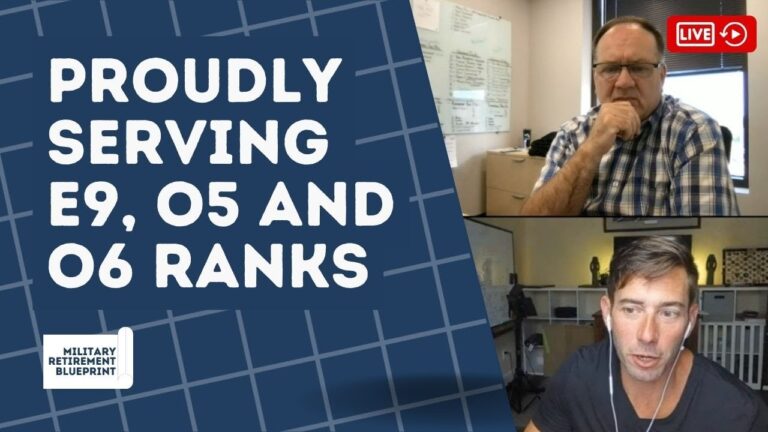Why Following Orders Isn’t Enough During Military Transition
The military transition process can be a confusing and overwhelming experience for many military retirees. From learning new skills to finding a job, it’s easy to feel lost in the process. However, it’s crucial to understand that just following orders isn’t enough and that taking a proactive approach to the transition process is essential. In this article, we’ll explore why following orders isn’t enough, the decision points you’ll have to make during the military transition process, and what you can do to increase the odds of a successful post-military life.
Understanding the Military Transition Process
The military transition process is a series of events and activities that military retirees go through to transition from military life to civilian life. The process usually starts before the military retiree’s retirement date and continues until the retiree has successfully transitioned to a new job or career.
Why Following Orders Isn’t Enough
Despite all the resources and support available to military retirees during the transition process, many retirees still feel lost and unsure of the right path to take. This is because following orders and just checking off boxes isn’t enough. The transition process is about finding your new identity, aligning it with a source of income, and ultimately being a more resourceful and impactful member of society.
The Decision Points During the Military Transition Process
There are several key decision points that military retirees will have to make during the transition process. These decision points include:
- Terminal Leave
- The final SBP opt-out
- Retirement Briefings
- Medical Outprocessing
- VA Disability
- Finding a job
Terminal Leave
Terminal leave is a period of paid leave that military retirees can take before their official retirement date. This period is an opportunity for retirees to take a break and prepare for the transition process.
The Final SBP Opt-Out
The final SBP opt-out is a three-year window during which military retirees can opt out of the Survivor Benefit Plan (SBP). This decision is a crucial one as it will have long-term financial implications for the retiree and their family.
Retirement Briefings
Retirement briefings are a series of meetings and events designed to help military retirees prepare for the transition process. The briefings cover a range of topics, including benefits, job search strategies, and financial planning.
Medical Outprocessing
Medical outprocessing is a series of medical evaluations and assessments that military retirees must go through to determine their fitness for duty. This process is also used to determine the retiree’s VA disability rating.
VA Disability
VA disability is a program that provides financial support to military retirees who have a service-connected disability. This benefit can provide significant financial support to retirees, but it’s important to understand how it may impact other benefits and financial opportunities.
Finding a Job
Finding a job is a crucial part of the military transition process. This involves networking, creating a resume, and interviewing for jobs. It’s important to find a job that aligns with your new identity and provides a sustainable source of income.
How to Increase the Odds of a Successful Post-Military Life
To increase the odds of a successful post-military life, it’s important to take a proactive approach to the transition process. This means being aware of the decision points and taking the time to make informed decisions. It’s also important to seek out support and resources, such as a military retirement blueprint, that can help you navigate the transition process and make the best decisions for you and your family. Additionally, finding a mentor or coach who has gone through the transition process can provide valuable insight and guidance.
The Importance of Time and Money
It’s also important to understand that the military transition process is about your time and money. You’re investing your time and talents to build a new life, and it’s crucial to make informed decisions that will lead to a sustainable source of income. Taking a proactive approach to the transition process can help you speed up the timeline and increase the odds of a successful post-military life.
In conclusion, the military transition process can be a confusing and overwhelming experience, but taking a proactive approach can help you make informed decisions and increase the odds of a successful post-military life. Understanding the key decision points, seeking out support and resources, and being aware of the importance of time and money can help ensure a smooth and successful transition. Schedule a Call today.
Unlock the full potential of your retirement with our Military Retirement Blueprint video series. With 25 micro-lessons, you'll have access to the expert knowledge and strategies you need to maximize your financial, health, and lifestyle opportunities. Furthermore, you will have exclusive access to our specialized knowledge library designed specifically for military retirees who are or will become high-income earners. It's a new and better alternative to "Benefits & Transition Assistance." Don't miss out on this valuable opportunity - start your FREE trial now and gain access to our insiders portal. Invest in your future and take control of your retirement today! Visit https://militaryretirementblueprint.com/








